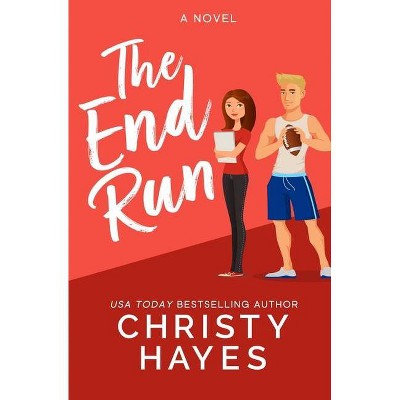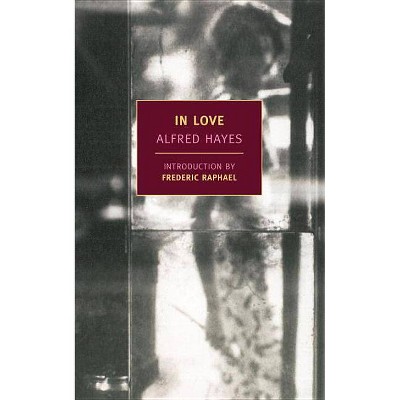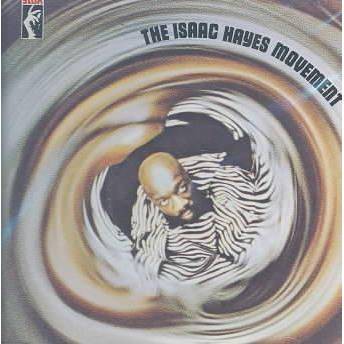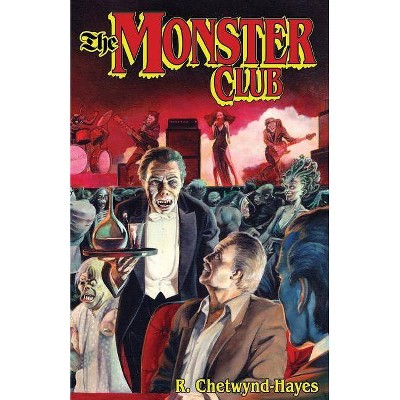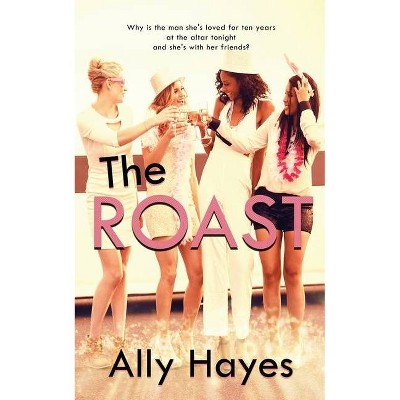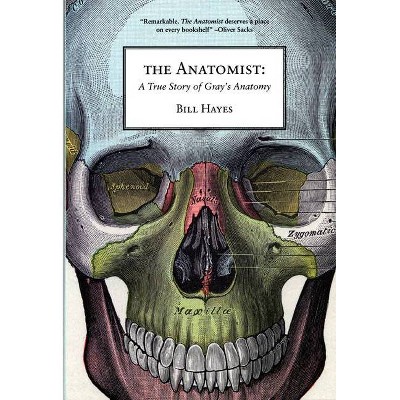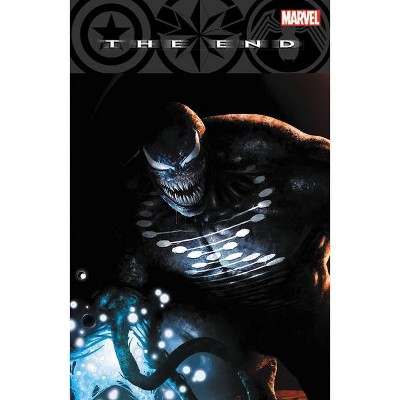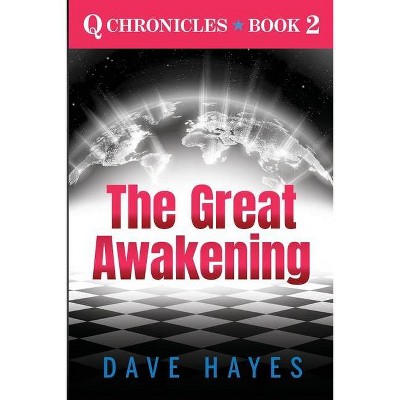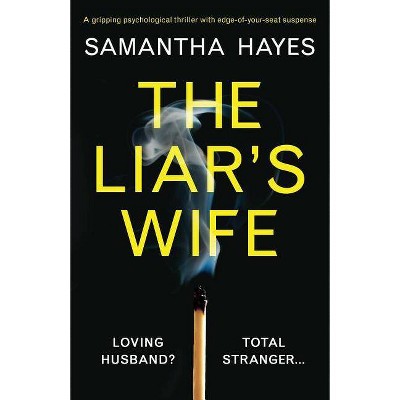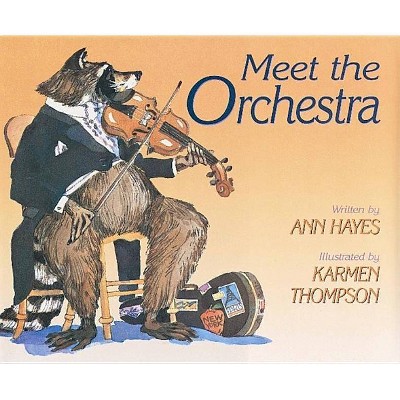The End of Me - by Alfred Hayes (Paperback)
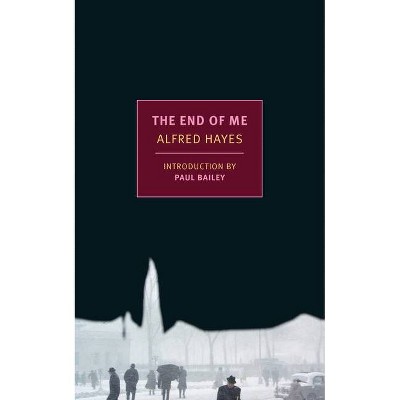
Similar Products
Products of same category from the store
AllProduct info
<p/><br></br><p><b> About the Book </b></p></br></br>"A moving tale about middle age, divorce, modern love, and returning home by one of the great American storytellers. Asher's career as a Hollywood screenwriter has come to a humiliating end; so has his latest marriage. Returning to New York, where he grew up, he takes a room at a hotel and wonders what, well into middle age as he is, he should do next. It's not a question of money; it's a question of purpose, maybe of pride. In the company of an arch young poet, Michael, Asher revisits the streets and tenements of the Lower East Side where he spent his childhood, though little remains of THE past. Michael introduces him to Aurora, perhaps his girlfriend, who, to Asher's surprise, seems bent on pursuing him, too. Soon the older man and his edgy young companions are caught up in a slow, strange, almost ritualized dance of deceit and desire. The End of Me, a successor to In Love and Her Face for the World to See, can be seen as the final panel of a triptych in which Alfred Hayes anatomizes, with a cool precision and laconic lyricism that are all his own, the failure of modern love. The last scene is the starkest of all"--<p/><br></br><p><b> Book Synopsis </b></p></br></br><b>A moving tale about middle age, divorce, modern love, and returning home by one of the great American storytellers.</b> <p/>Asher's career as a Hollywood screenwriter has come to a humiliating end; so has his latest marriage. Returning to New York, where he grew up, he takes a room at a hotel and wonders what, well into middle age as he is, he should do next. It's not a question of money; it's a question of purpose, maybe of pride. In the company of the arch young poet Michael, Asher revisits the streets and tenements of the Lower East Side where he spent his childhood, though little remains of the past. Michael introduces Asher to Aurora, perhaps his girlfriend, who, to Asher's surprise, seems bent on pursuing him, too. Soon the older man and his edgy young companions are caught up in a slow, strange, almost ritualized dance of deceit and desire. <p/> <i>The End of Me</i>, a successor to Hayes's <i>In Love </i>and <i>My Face for the World to See</i>, can be seen as the final panel of a triptych in which Alfred Hayes anatomizes, with a cool precision and laconic lyricism that are all his own, the failure of modern love. The last scene is the starkest of all.<p/><br></br><p><b> Review Quotes </b></p></br></br><br>His novels perfectly capture the texture of midcentury American life. There's nothing obsolete in Hayes's writing. His work must come back to us in all its brutal honesty. --Alex Harvey, <i>Los Angeles Review of Books<br></i><br>[Alfred Hayes] gives you an amazingly precise representation of what the world looks like if there's no love in it. --Rachel Cusk <p/>"Along with the other parts of this loose trilogy, this elegant, oddly-gripping novel establishes Hayes as the even more disenchanted heir of F. Scott Fitzgerald. . . . 'The End Of Me' is stingingly good." --John Powers, <i>NPR</i>'s<i> Fresh Air</i> <p/>"[T]he canny revivalists at New York Review Books. . . . have reissued a loosely defined 'trilogy' of Hayes' short, powerful, first-person novels about a young writer . . . The last of these, 'The End of Me, ' . . . is . . . the most evolved and personal of the set, an impressionistic reflection on what it's like to go looking for who you were in the places where you used to live. . . . Giving yourself over to each brief, tortured and often beautifully written paragraph feels like watching someone wrestle with the unfortunate reality of himself." --Scott Bradfield, <i>The Los Angeles Times</i> <p/>This author's is a truly formidable and terrifying talent. He has a merciless insight into human behaviour and he writes with extreme compression and great directness. --Walter Allen, <i>New Statesman<br></i><br>What sets him apart . . . is his feeling for words and his sense of how to make them count. --Malcolm Cowley, <i>The New York Times</i> <p/>In his own manner Alfred Hayes makes his every note ring clear and true. --<i>Saturday Review</i> <p/>Alfred Hayes writes with grace and facility . . . A master of contemporary fiction. --<i>New York Herald Tribune Book Review<br></i><br>One very quiet touch from Mr. Hayes can convey more pain than any quantity of huffing and puffing from more insistent but less accomplished writers. --<i>Times Literary Supplement</i><br><p/><br></br><p><b> About the Author </b></p></br></br><b>Alfred Hayes </b>(1911-1985) was a journalist, poet, screenwriter, and novelist. Having served in Italy during World War II, he stayed on to co-write several classic Italian neorealist films, including Roberto Rossellini's <i>Paisà </i>and Vittorio De Sica's <i>Bicycle Thieves</i>, as well as to gather material for two celebrated novels, <i>All Thy Conquests </i>and <i>The Girl on the Via Flamina</i>. In the late 1940s he went to work in Hollywood for Warner Brothers, RKO, and Twentieth Century Fox, where his screenplays included <i>Clash by Night</i>, <i>The Left Hand of God</i>, and <i>Joy in the Morning</i>. Hayes's novels <i>In Love </i>and <i>My Face for the World to See</i> are also available from NYRB Classics. <p/><b>Paul Bailey</b>'s novels include <i>At The Jerusalem, </i> which won the Somerset Maugham award, and <i>Peter Smart's Confessions</i> and<i> Gabriel's Lament, </i> both shortlisted for the Booker prize. He is the author of biographies of Quentin Crisp and Cynthia Payne.
Price History
Price Archive shows prices from various stores, lets you see history and find the cheapest. There is no actual sale on the website. For all support, inquiry and suggestion messagescommunication@pricearchive.us
